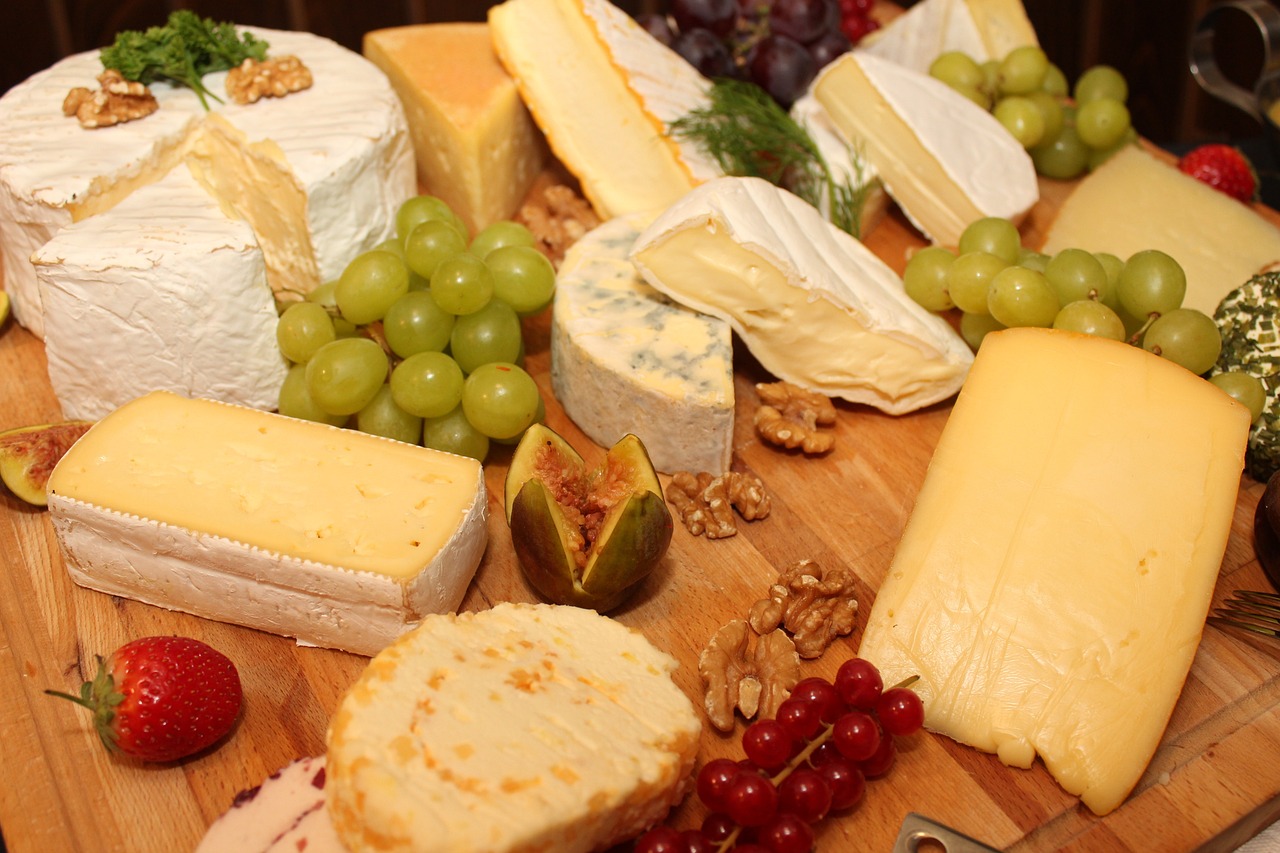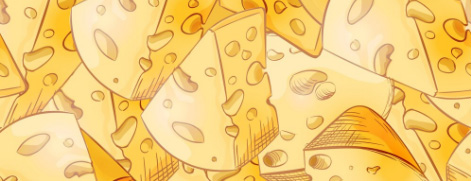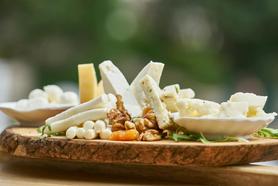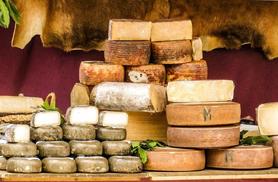Vegan Cheese vs. Vegetarian Cheese: Key Differences You Need to Know

Food lovers can't resist the rich, gooey, and buttery goodness of dishes like pizza and pasta—there's nothing quite like the flavors and experience! Today, however, many food enthusiasts are becoming more health-conscious and embracing a vegan diet.
Veganism is more than just a dietary choice; it's a mindful lifestyle centered on cruelty-free, eco-friendly, and health-conscious living. One exciting trend within this movement is the rise of vegan and vegetarian cheeses. Curious about what makes them different? Let’s take a closer look.
Vegetarian cheese - what is it?
Vegetarian cheese is made from milk sourced from animals like cows, goats, sheep, or buffalo. However, it uses vegetarian rennet, which is derived from plants or microorganisms, instead of animal rennet. Hard cheeses such as Cheddar, Parmesan, and Manchego can be made with vegetarian rennet and are usually clearly labeled. Always check the packaging to ensure the cheese meets your dietary preferences.
What does vegetarian cheese taste like?
Vegetarian cheese tastes remarkably similar to traditional cheese, often making it difficult to distinguish between the two. The main difference lies in the type of rennet used: vegetarian cheese is made with microbial or plant-based rennet, while traditional cheese typically uses animal rennet.
The use of vegetarian rennet does not significantly alter the flavor profile of the cheese. In fact, the taste, texture, and overall experience remain true to what you’d expect from traditional cheeses. However, some subtle variations in flavor might occur depending on the specific source of the rennet, but these are generally minor and do not detract from the overall enjoyment of the cheese.
Popular vegetarian cheeses
There are plenty of exciting vegetarian cheeses such as Cornish Blue, Ricotta, Driftwood, Vintage (a special mature cheddar) Cornish Yarg, Wensleydale with Cranberries, and Spenwood. You can find many more here.
Vegan Cheese - what is it?
Vegans steer clear of all animal-derived products, embracing a lifestyle that's not only about personal health but also about supporting animal welfare and sustainability—a trend that's gaining more and more followers each year. Veganism can boost heart health, improve digestion, and lower the risk of chronic diseases. It often leads to a more balanced diet rich in fruits, vegetables, and whole grains, promoting overall well-being and energy.

Vegan cheeses are plant-based and are non-dairy products. They are made from vegetable proteins with ingredients including nuts such as cashews and macadamias, soy, and vegetable oils such as coconut oil.
To identify vegan cheese when you buy cheese, look for labels that specifically say "vegan" or "plant-based." Certifications like the V-label can also help.
What does vegan cheese taste like?
Vegan cheese varies in taste and texture, depending upon the usage of plant-based ingredients like nuts or soy. It can range from mild and nutty to tangy and savory, with some varieties mimicking traditional cheese closely. Textures also differ, from soft and spreadable to firm and sliceable, though melting properties may vary.
While it doesn't taste exactly like dairy cheese, many find vegan cheese enjoyable for its unique flavors. It is a good option for lactose-intolerant people who cannot eat traditional cheese.
Popular vegan cheeses
For vegan cheese lovers, some cheeses that you may want to try include Blue, Brixton Blue, Violife Mature Cheddar, Violife Mature Cheddar, and Brick Lane Bree, amongst others.
Now that you know the key differences between vegan and vegetarian cheese, we'd love to hear from you! Share your favorite cheese experiences and any tips you have in the comments below.






Loading comments...